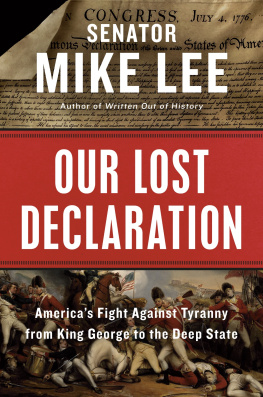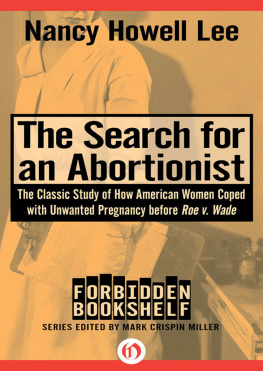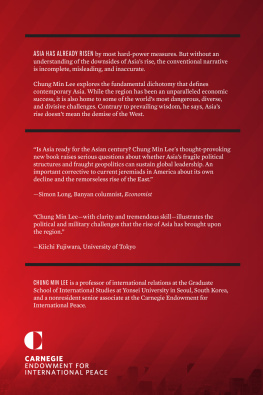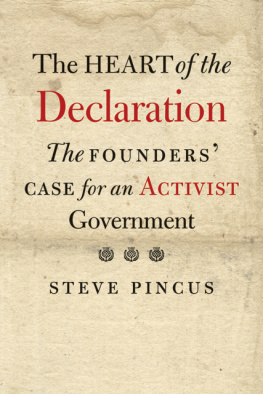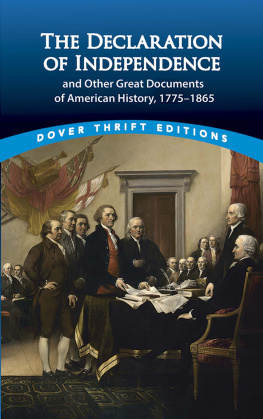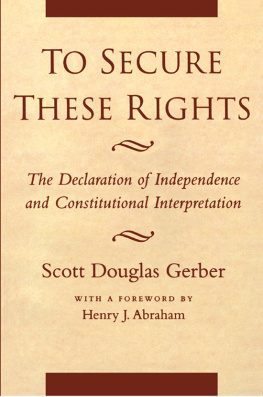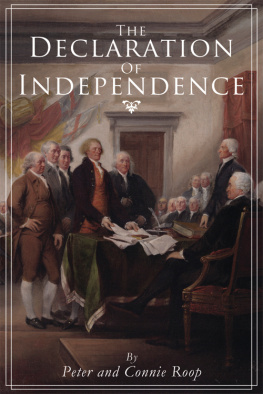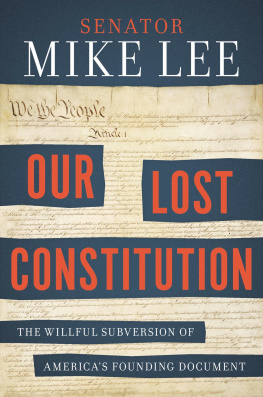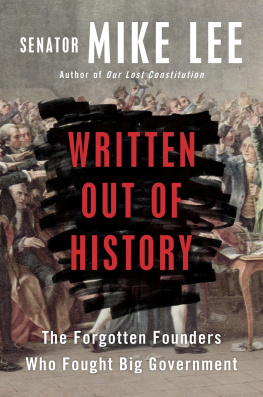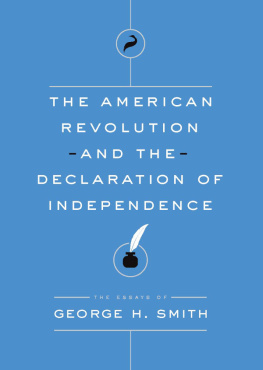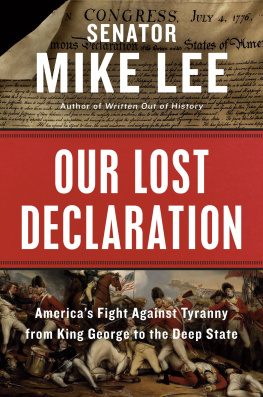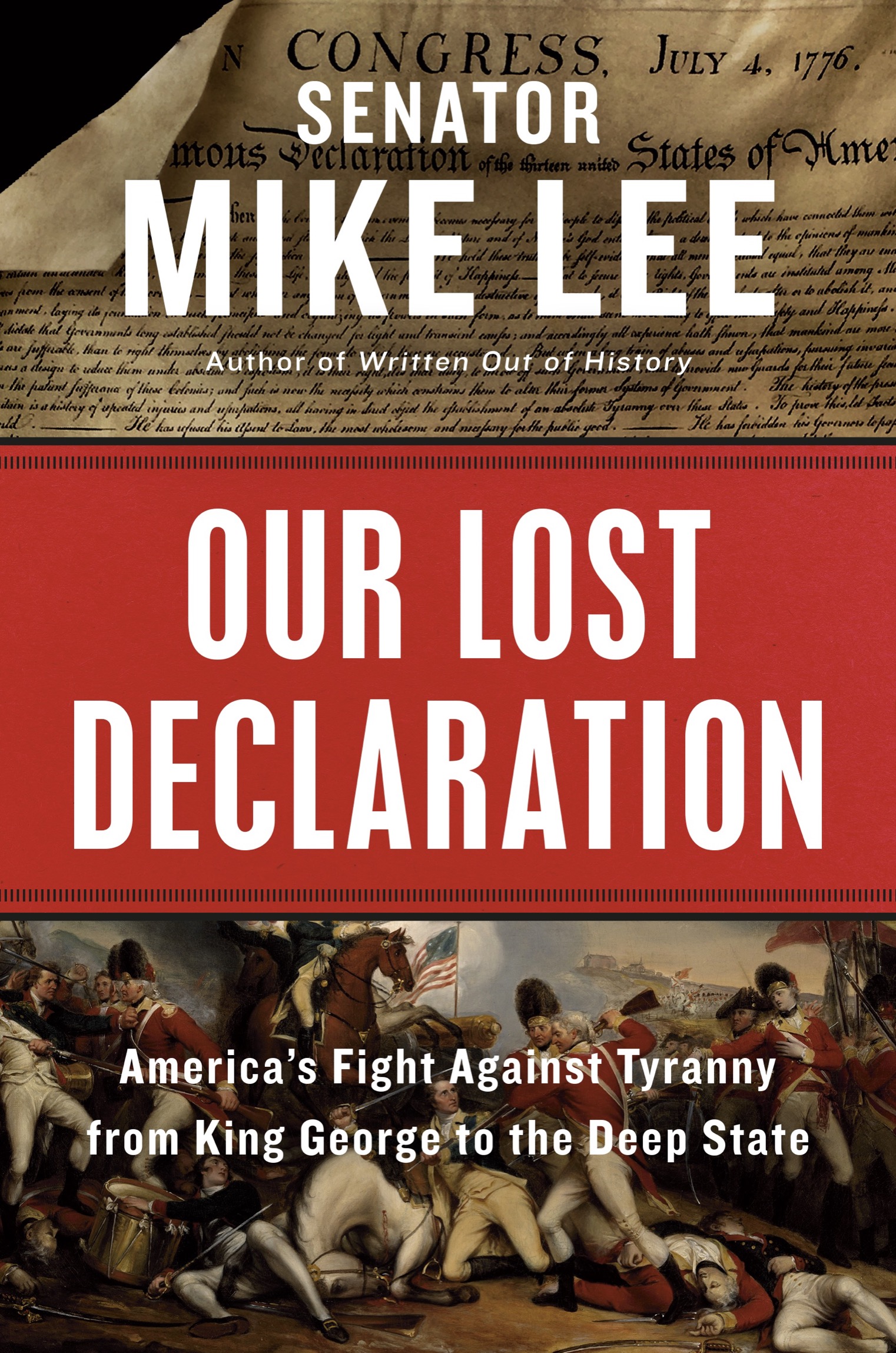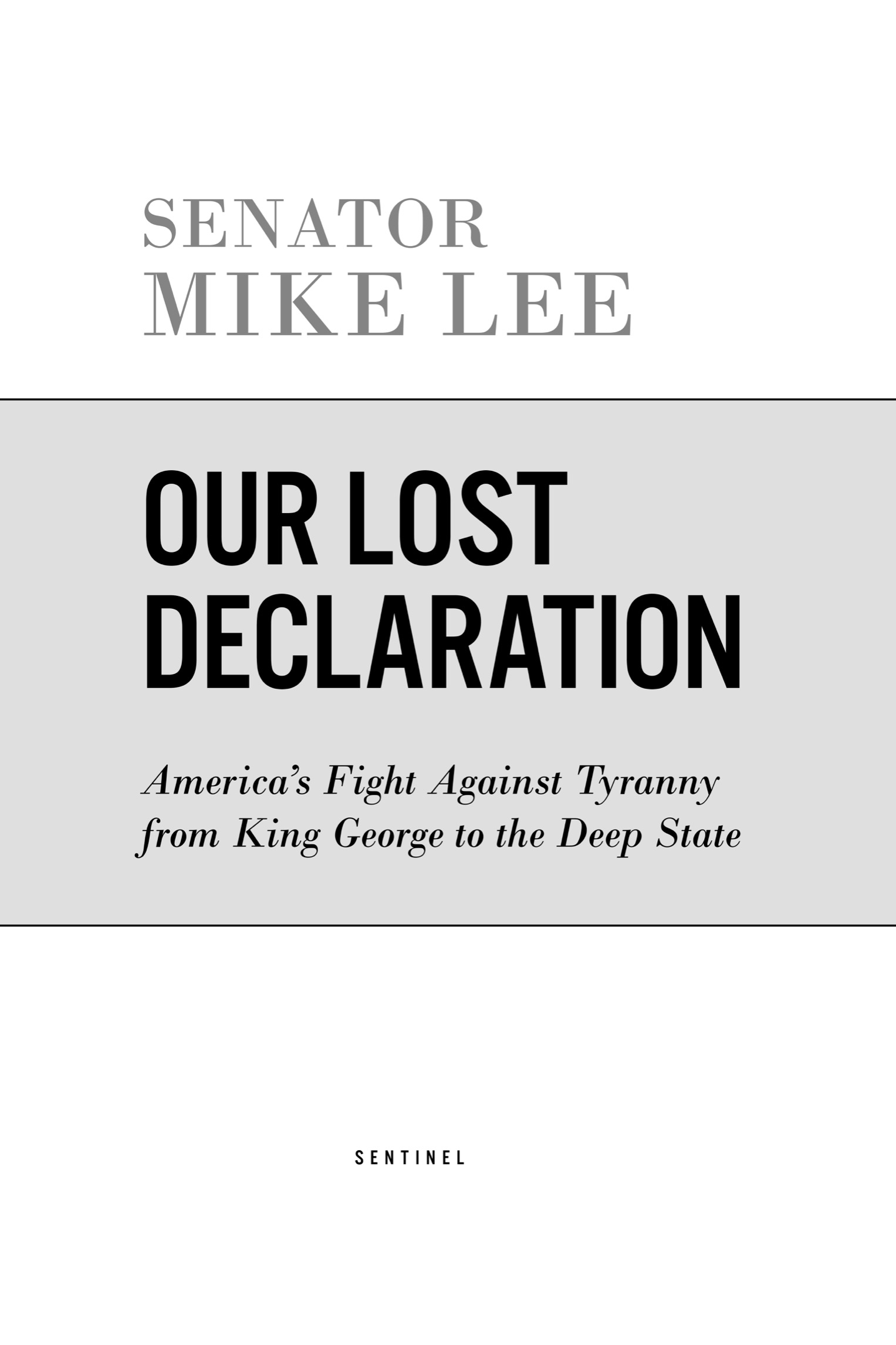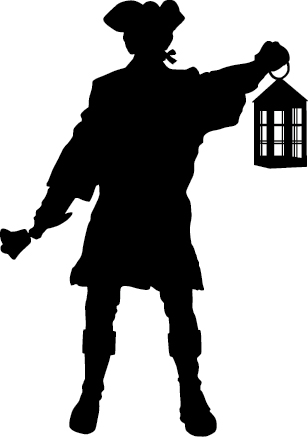Readers of my last two books will be familiar with my style of trying to bring the past to life in a way that actively engages readers beyond simply reciting facts. In some cases, this means taking some dramatic license with specific incidents or conversations. This project involved extensive research, and although the final product stays true to the facts and the vision of history that resulted from that research, some elements have been discreetly added to scene descriptions to bring them into fuller resolution for the reader. We may not know, for instance, exactly what words passed between Thomas Truxtun and Captain William Garnier of HMS Argo, but we know they encountered each other in the Caribbean, and why not give some life to what must surely have been a rousing high-seas adventure?
We twenty-first-century Americans are extremely fortunate, too, that so many primary sources from the tumultuous days of our founding have not only survived, but also been digitized and made available for all to view. Thanks to these considerable resources, it has been possible to include dialogue drawn from contemporary accounts in a number of instances, making the scenes as true to life as possible. To all of the organizations and individuals involved in that important work of cataloguing and digitizing these early American documents and resources, I extend a special thanks.
PREFACE
We hear a lot about the desperate state of American society today. The news is full of stories of divisions at home and interference from abroad and talk of indictment and impeachment. If you listen to the media, you might think America is falling apart.
These certainly are times that try the souls of nations (to paraphrase Thomas Paine, about whom we will hear much more in this book). Yet despite the challenges and controversies of the day, our nation can continue to thrive. Our system has held up miraculously well for more than two hundred yearsmaking the United States the oldest-existing nation with a constitutional government in which we, the people, elect our own leader and representatives.
Much of that success is due to the foundations of our law in the U.S. Constitution. I never stop marveling at the genius of the Constitution; thats why after law school, I went into business to defend it: as an assistant U.S. attorney in Salt Lake City, as a law clerk for Samuel Alito (today a Supreme Court justice), and currently as a member of the U.S. Senate and its Judiciary Committee. After everything Ive witnessed in these roles, I remain confident that our system of government protects people better than any other system of government the world has seen.
And yet, as much as we should all strive to preserve, protect, and defend our Constitution, the American system relies on more than the mechanics of government outlined in that documentthree coequal branches, separation of powers, and the liketo keep the country functioning. What gives life to that system is our animating spirit, readily apparent in the Constitutions preamble but which was more fully articulated eleven years before, in the Declaration of Independence.
The Declaration is certainly appreciated but too often not fully understood. Scores of students are busily engaged in the study of constitutional law, but who studies Declaration law? There are legitimate reasons for this imbalance, of course. For one thing, the Declaration is significantly shorter than the Constitution, clocking in at only 1,337 of (mostly) Thomas Jeffersons words. And technically speaking, the Declaration is not a legal documentit does not set out a legal code or contain the building blocks for a system of government. Its purpose is far simplerand perhaps even more prescient.
Jefferson details, in clear and often indignant language, all the various outrages that King George III committed against his own subjects, who just happened to live on the wrong side of the Atlantic Ocean. Just governance, as British subjects understood it, was indeed falling apart. The Declarations signers saw plainly that the decisions made by His Majestys Government violated their natural rights to life, liberty, and propertyrights that would have been upheld had they been living in Britain.
Moreover, as colonists with no representation in Parliament, our Founders and their forebears had no way to give their consent to be governed. Equal protection of rights and the consent of the governed... a simple set of principles, which proclaimed to the world a new nation which was, in the words of a great American of a later generation, conceived in liberty, and dedicated to the proposition that all men are created equal.
This was an unprecedented origin story for a country, and the Declaration of Independence was an unprecedented document. The truth that all men are created equal was so simple as to be self-evident, the Declaration stated (although, as we will also see, these were not Jeffersons original words). Also self-evident was the truth that all were endowed by their Creator with certain unalienable Rights, that among these are Life, Liberty and the pursuit of Happiness.
That spirit of 1776enshrining (albeit not fully achieving) the concepts of equal rights before the law and rejecting tyrannical governmentgave birth to a truly exceptional nation. It has grown into a nation that has stamped out totalitarianism around the world and remains a beacon of hope for those in search of a better life.

